There aren't any bones or ancient DNA to prove that 50,000 years ago ancient humans in what is now West Africa procreated with another group of ancient humans that scientists didn't know existed, but researchers say the evidence is in the genes of modern West Africans. UW Research Professor of Biostatistics Sharon Browning comments that ghost DNA appears frequently in the genetic material. "That tells us that these archaic populations might have had some DNA that did some useful stuff that's proved to be useful to the modern population."
In the News
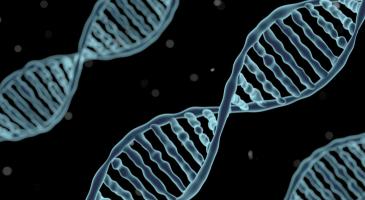
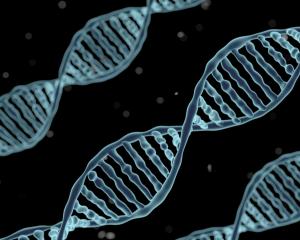
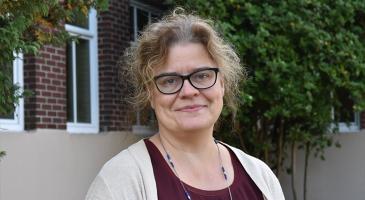
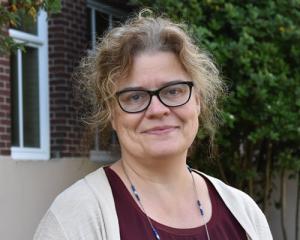
The Multi-Ethnic Study of Atherosclerosis (MESA) – a 20-year study of the characteristics, predictors and progression of subclinical cardiovascular disease and other risk markers – has been renewed for another five years with nearly $15.6 million in funding from the National Heart, Lung and Blood Institute. The study’s coordinating center is housed in the University of Washington School of Public Health’s Department of Biostatistics, at the Collaborative Health Studies Coordinating Center.


A Q&A with public health researcher and UW Professor of Biostatistics Ross Prentice on how to assess and improve studies of diet and chronic disease.


Joseph Unger (MS Biostat ’93, PhD Health Services ’13), a researcher and biostatistician at the Fred Hutchinson Cancer Research Center, led a new study published in JAMA Oncology that explores loosening strict eligibility criteria for cancer clinical trials.
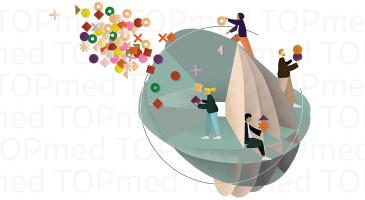

UW biostatisticians teach scientists how to mine massive genetic data for Precision Medicine Initiative.

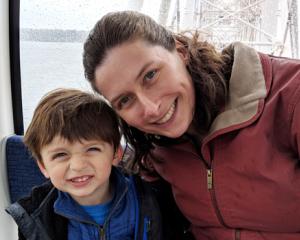
Susan Shortreed, PhD, senior investigator at Kaiser Permanente Washington Health Research Institute (KPWHRI) and a UW affiliate associate professor of biostatistics, was recently elected as a fellow of the American Association for the Advancement of Science.


Study has implications for the use of personalized genetic risk in populations with diverse ancestries.Timothy Thornton, associate professor of biostatistics at the UW School of Public Health is senior author and co-authors include Andréa Horimoto, acting instructor of biostatistics and Ellen Wijsman, UW professor of medicine and biostatistics.


In a new study of more than 3,000 Caribbean Hispanics, researchers from the University of Washington found that individuals with African ancestry at a key Alzheimer’s gene had 39 percent lower odds of developing Alzheimer’s disease than individuals with European ancestry at the gene. “The results from our study have important implications for the use of personalized genetic risk in populations with diverse ancestries, even for well-established risk factors,” said senior author Tim Thornton, associate professor of biostatistics at the UW School of Public Health.